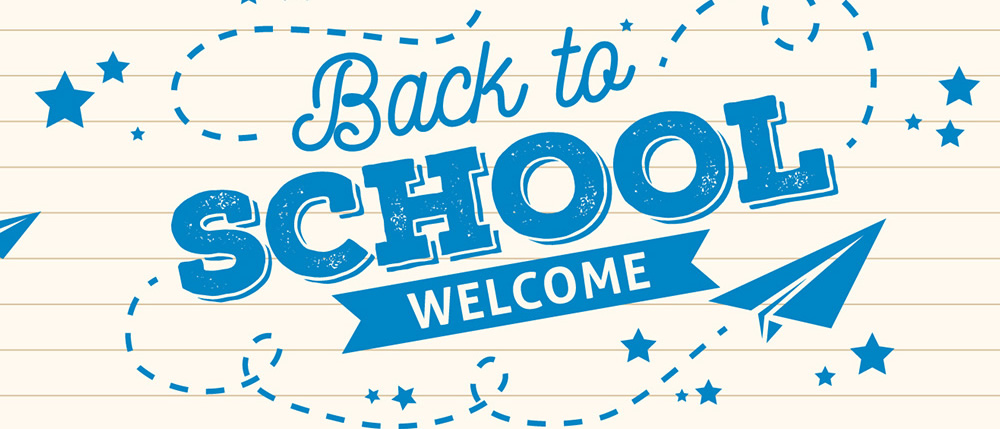EVERY year about this time, we discuss back-to-school financing because our children are about to commence new academic sessions and this usually brings with it heavy spending on fees, books, stationery, uniforms, materials,and accessories. This year has been a tumultuous year firstly for parents as our income sources were seriously threatened, depleted or in some cases totally dried out, secondly for children, who endured social traumas cocooned in closed places, and many were unable to get the sound academic trainings their young minds need. Thankfully, schools are resuming now and hopefully, they will be able to catch up.
We have always recommended starting early to prepare for September through target savings accounts. These accounts (in-bank, trust and insurance companies,finance houses etc.) encourage small but regular savings towards a target event; so that the financial burden is spread out and eased. Target savings accounts are also useful for other financially heavy expenses like annual rents, weddings, perinatal care etc.However, many of us may have had to dip into these savings during the lockdown. We must therefore look for other ways to reduce our current school expenses.
In previous years, many school proprietors would consider a discount if a parent has two or more children in one school. Others were willing to give discounts to parents who can afford to pay the full session (three terms) fees in September. However, schools were one of the most badly hit sectors during the lockdown. Their income sources dried up completely. Many had to put their staff on half-pay or no-pay. Therefore, it may be near impossible to expect them to offer sizeable discounts at this time; but parents should still request. Nothing ventured, nothing gained. Besides, the schools know that parents also suffered income and job losses during the lockdown.
Apart from tuition, other hefty expenses are textbooks, school- branded stationery, uniforms, sportswear etc. Parents need to consider hand-me-downs from older siblings, so long as the items being handed down are well preserved and would not cause embarrassment to the receiving child. However, some textbook publishers are frustrating the hand-me-down culture. They change pages of topics and move chapters around without changing any of the learning material in the textbook, all so that children using another edition of a book cannot flow along with their classmates. Their antics may not work in this post-COVID session. When we buy new uniforms and books, we need to label them well (not too conspicuously as to cause embarrassment) so that it can be returned to the child if lost. Backpacks, pencil cases, math sets, sandals, socks, and stationery should also be appropriately labelled.
Many parents pay for school lunches without asking if they can opt out. Packing lunch for children may seem like an additional task that parents are unwilling to add to their morning routines. But calculate the monetary gains and see if it is worth your while. Home-packed meals are usually cheaper, healthier, and fresher than school meals. Try a main dish with a small fruit and a dessert (e.g. biscuit or cake); the uniqueness would make your child very happy.
With the increased cost of petrol, car-pooling must become our culture. It does not make any sense for every family to take their car to pick up one or two children, when the cost of this pick-up can be spread thin amongst groups of families. Children who live near each other and go to schools close to each other should be organized into car-pools to save money. The necessary security clearance should be obtained from schools as required so as not to frustrate the car-pooling initiative.
The lockdown brought us fully into the e-learning age. Many children attended classes virtually using devices owned by their parents, who were also at home with them then. As schools resume, the expected trend is that teachers would continue to give assignments online and students would also submit online. Save money by not buying children top-of-the-range products to take to school. Firstly, children need to learn that getting luxury items is a result of hard work. Secondly, many of them are unable to care for these devices properly and they soon malfunction. Thirdly, a luxury item is a target for thieves – students, teachers and support staff can easily steal these devices. Therefore, it is best to buy cheaper but good and sturdy devices that would serve your children well.
We need to manage our finances creatively in this post-COVID era so that a little would go a long way. Happy investing and happy new school year.



